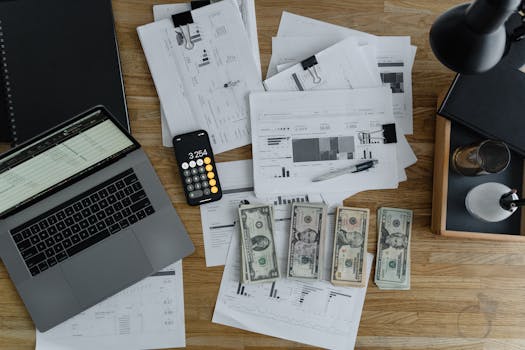
**
Patent Cliff: How Generic Competition Crumbles Big Pharma's Billions
The pharmaceutical industry operates on a precarious tightrope, balancing groundbreaking innovation with the inevitable expiration of patents. This “patent cliff” – the moment when a blockbuster drug loses its exclusive market protection – can send shockwaves through company finances, wiping out billions in revenue virtually overnight. Understanding this phenomenon is crucial for investors, researchers, and patients alike. This article delves into the impact of patent expirations, exploring the financial fallout, strategic responses from pharmaceutical companies, and the broader implications for healthcare access and affordability.
The High Stakes of Pharmaceutical Patents
Pharmaceutical research and development (R&D) is an incredibly expensive endeavor. Bringing a new drug to market involves years of research, clinical trials, regulatory hurdles, and significant upfront investment. Patents act as a critical safeguard, providing companies with exclusive rights to manufacture and sell their drugs for a specific period (typically 20 years from the date of application). This exclusivity allows them to recoup their R&D costs and generate substantial profits. But this exclusivity is temporary. When a patent expires, the floodgates open for generic drug manufacturers to enter the market.
High-search-volume keywords like "patent expiration," "generic drug competition," and "blockbuster drug revenue" highlight the core issue. The financial consequences of this transition can be staggering. For example, the loss of exclusivity for Lipitor, once the world’s best-selling drug, cost Pfizer billions in annual revenue. This loss is not an anomaly; it's a recurring pattern in the industry.
The Impact of Generic Drug Entry: A Case Study
The entry of generic drugs often triggers a dramatic price drop. Generic versions can be sold at a fraction of the price of the branded drug, owing to significantly lower R&D and marketing costs. This immediate price competition dramatically impacts the sales volume of the originator drug, leading to a steep decline in revenue for the innovator company.
Consider these key factors contributing to the revenue plummet:
- Price Erosion: Generic competition immediately drives down prices, often by 80% or more.
- Market Share Loss: Patients and healthcare providers quickly switch to the cheaper generic alternatives.
- Loss of Brand Loyalty: Even loyal patients may opt for the significantly cheaper generic option.
- Reduced Sales Volume: The combination of price cuts and market share losses drastically reduces sales.
Strategic Responses to the Patent Cliff
Pharmaceutical giants are acutely aware of the impending patent cliff for their blockbuster drugs. They employ several strategies to mitigate the financial impact:
- Diversification of Portfolio: Investing in a diverse range of drugs in various stages of development helps to lessen the impact of individual patent expirations.
- Developing Follow-on Drugs: Companies often invest in developing “follow-on” drugs – improved or enhanced versions of their original products—that can benefit from their own patent protections. This extends market exclusivity and increases brand recognition (e.g., an extended-release formulation of an existing drug).
- Licensing and Partnerships: Collaborations with other companies, licensing agreements, and joint ventures can help diversify revenue streams and expand market reach.
- Aggressive Marketing and Brand Building: Maintaining a strong brand identity and actively marketing their products, even in the face of generic competition, can help retain some market share.
- Focusing on Emerging Markets: Expanding sales in developing countries where patent protections may be weaker or less strictly enforced can provide a buffer against revenue losses in developed markets.
These strategies, however, are not always successful in fully offsetting the revenue loss.
Implications for Healthcare Access and Affordability
While the patent cliff presents a significant financial challenge for pharmaceutical companies, it also has significant positive implications for healthcare access and affordability. The availability of generic drugs drastically increases access to essential medications for a wider population, particularly those with limited financial resources. This increased affordability can improve patient outcomes and reduce overall healthcare costs.
Navigating the Future of the Pharmaceutical Industry
The patent cliff is an inherent feature of the pharmaceutical industry's innovation model. While challenging for individual companies, it drives competition, promotes innovation, and ultimately benefits patients through increased access to affordable medications. Pharmaceutical companies must continually adapt and innovate to navigate this recurring challenge. Understanding the dynamics of patent expiration, and proactively planning for the loss of exclusivity for key drugs, is paramount for long-term financial health and sustainability in the industry.
Keywords:
Patent cliff, patent expiration, generic drugs, blockbuster drugs, pharmaceutical industry, revenue loss, drug pricing, healthcare affordability, market competition, R&D, Pfizer, Lipitor, generic drug competition, follow-on drugs, brand loyalty, market share, sales volume, price erosion, emerging markets, pharmaceutical patents.




















